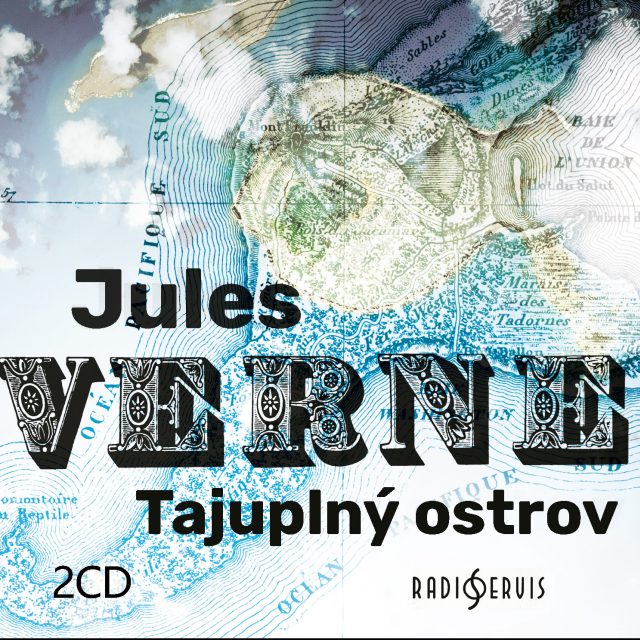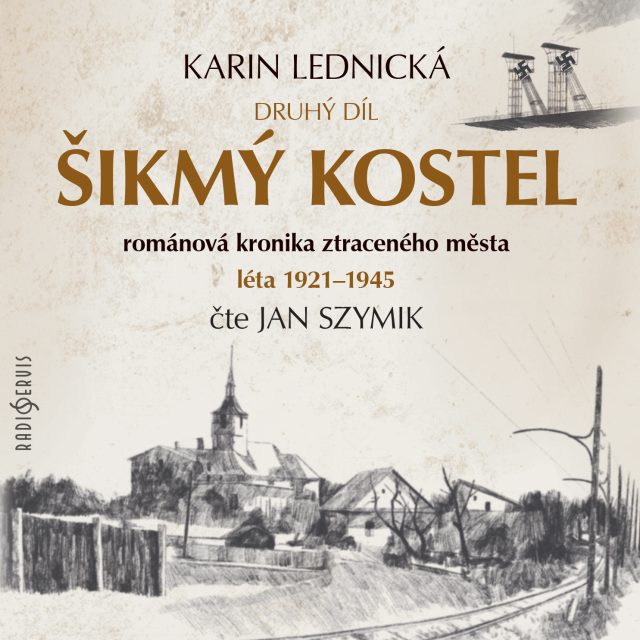Eduard Francevič Nápravník
* 24 September 1839 Býšť u Hradce Králové† 23 November 1916 Saint Petersburg
The foremost figure among Czech musical emigrants active in Russia was without any doubt composer and conductor Eduard Francevič Nápravník (Эдуард Францевич Направник). For many years he was active in Saint Petersburg, where he came to be exceptionally appreciated for his artistic and organizational endeavors: the Russian tsar awarded him the Order of Saint Vladimir, and he was made a noble.
Eduard Nápravník was born on 24 September 1839 in Býšť u Hradce Králové into the family of a teacher. In his youth he performed as organist in a church in Pardubice. In 1854 he began his studies in the Prague organ school and in professor Maydl’s music institute. Later Nápravník taught for a short time at this school. At the same time he studied instrumentation and composition with the then director of the Prague Conservatory, Jan Bedřich Kittl. In 1861 Nápravník accepted an invitation from Prince Nikolai Borisovich Yusupov and relocated in Saint Petersburg, where he began to work as conductor in the prince’s private orchestra. In Saint Petersburg Nápravník acquired a thorough knowledge of Russian music, attended concerts, performed as a pianist in chamber concerts and gave private piano lessons. After 1863 he was employed by the Mariinsky Theater in Saint Petersburg, where six years later he became the principal conductor of its orchestra. During this same time, starting in 1864, he began to conduct concerts of the Russian Music Society, and in 1875 he became director of the Saint Petersburg branch of the Russian Music Society.
Although Nápravník did not work as a teacher, he can take much credit for the development of music education in Russia. One can still read his written reports and recommendations for operating the Saint Petersburg Conservatory, discussing the systematization and reforming of the music educational system in Russia.
At the core of Eduard Nápravník's life work was conducting. Thanks to his talent and industry, he became one of the greatest opera and symphony conductors of the 19th century. It is to him that the Mariinsky Theater owes its development and the worldwide fame it today enjoys. During the more than 50 years of his service, he succeeded not only in bringing the quality of the orchestra and chorus of that theater up to a quite extraordinary level, but he also handled all the problems related to the financial security of the whole theater ensemble. That was a further reason why Nápravník’s authority in Russia was exceptional.
During his years at the Mariinsky Theater, Nápravník is to be credited for the premiere performance of almost all the newly composed Russian operas, among them Nikolai Rimsky-Korsakov's The Snow Maiden, Modest Mussorgsky's Boris Godunov, Pyotr Ilyich Tchaikovsky’s Queen of Spades and Iolanta and Anton Rubinstein's The Demon. Nápravník made fundamental contributions to programming by introducing Richard Wagner’s tetralogy The Ring of the Nibelung and Ludwig van Beethoven's Fidelio. Nápravník also staged about 80 other operas from the international repertoire.
The characteristic traits of Nápravník the conductor were his vast knowledge of music, his phenomenal memory, his persistence and his strong will. His conducting style stood out for its precision and lack of any attempt whatsoever at showiness. Nápravník was rightly considered to be one of the best interpreters of Russian opera and symphonic music. Some of his greatest successes came from performances of the works of Glinka and Tchaikovsky.
Nápravník’s work as a composer is also worth noting. In the period of his creative maturity he practiced many genres, his compositions being distinguished for their expressive melodic inventiveness. Nápravník wrote four operas, of which Dubrovsky stands out as the best; four symphonies; an excellent concerto for piano and orchestra; a concerto for violin and orchestra; and also mixed choruses. Of his chamber works we should mention two piano trios, three quartets for string instruments, a piano quartet and a sonata for violin and piano. Eduard Nápravník is of fundamental importance for the history of Russian opera and the Mariinsky Theater. The period of his activity is remembered still today in the histories of that theater as its most glorious age. In recapitulating the achievements of this Czech conductor in that famous Saint Petersburg theater, we are astounded at certain statistics: during the 51 years and 4 months of his activity, he conducted opera 4131 times; he personally prepared and conducted the premieres of 80 works; 30 operas had been premiered before he came to that theater in 1863, but then these operas were later performed with him as conductor; 26 operas were prepared after 1884 by his assistants but under his direct supervision. The name of Eduard Nápravník is linked to the world premieres of a number of operas that have become staples of the Russian repertoire.
Author: Vjačeslav Grokhovskij
E-shop Českého rozhlasu
Vždycky jsem si přál ocitnout se v románu Julese Verna. Teď se mi to splnilo.
Václav Žmolík, moderátor


Tajuplný ostrov
Lincolnův ostrov nikdo nikdy na mapě nenašel, a přece ho znají lidé na celém světě. Už déle než sto třicet let na něm prožívají dobrodružství s pěticí trosečníků, kteří na něm našli útočiště, a hlavně nejedno tajemství.




